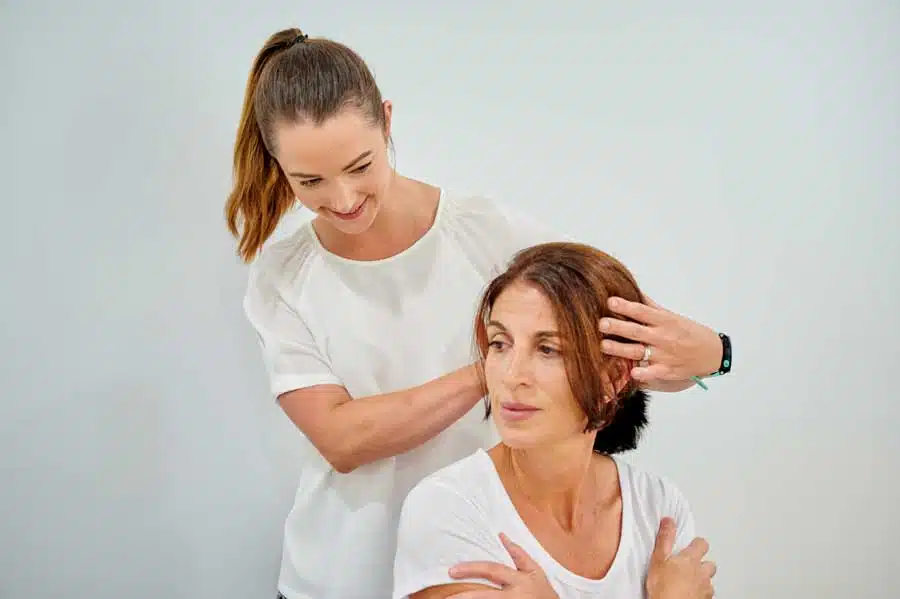Nocturnal Enuresis
What is Nocturnal Enuresis?
Nocturnal enuresis is the medical term for bed wetting. It can affect individuals at any age, from early childhood into adulthood. There are two medical terms for bed wetting;
- Primary nocturnal enuresis – when night-time dryness was never achieved in childhood, and symptoms continued into adulthood
- Secondary nocturnal enuresis – when wetness began in adulthood or late childhood, after dryness was already achieved.
What are the Symptoms of Nocturnal Enuresis?
Nocturnal enuresis can have a severe impact on the mental health of the individual experiencing night-time wetness. They may be embarrassed, and suffer low self-esteem, anxiety, or depression as a result of the condition. They may wish to stay at home, and avoid travel or holidays. They may experience poor sleep, which is linked to a number of health conditions.
Is Nocturnal Enuresis Common?
Around 1 in 50 adults experience nocturnal enuresis. Secondary enuresis can occur in adults after stressful events or trauma, or as the result of a contributing medical condition. If you are an adult experiencing bed wetting, you are not alone. At Sydney Pelvic Clinic, we can help you regain control of your life and better manage the condition.
Why do Adults Wet the Bed Sometimes?
Adults may occasionally wet the bed as the result of a stressful life event, or as an adverse reaction to medication.
Other adult bed wetting causes include:
- Reduced bladder capacity or sense of bladder fullness
- Neurological conditions like a stroke, Parkinsons, Dementia or Alzheimers
- Sleep apnoea
- Bladder issues: infections, stones, or an overactive bladder (OAB)
- Hormone imbalance
- Cancer
- Stress and anxiety
- Genetics
- Urinary Tract Infections (UTIs)
Your consultant will help you understand the cause of your nocturnal enuresis and help arrange a GP referral for other medical conditions. Your first point of contact should always be your primary healthcare professional to rule out other contributors.
How is Nocturnal Enuresis Diagnosed?
Nocturnal enuresis is diagnosed after a consultation with your healthcare professional to establish the history of your symptoms and any contributing factors. They may ask you to keep a bladder diary so they can better understand your symptoms.
They will also conduct a thorough physical exam, which might include:
- Blood tests
- Pelvic or rectal ultrasounds
Your GP should always be the first point of contact for nocturnal enuresis.
What is the Treatment for Nocturnal Enuresis?
Your physiotherapist at the Sydney Pelvic Clinic will help you manage your adult bed wetting with some practical lifestyle changes, such as:
- Managing your fluid volume, intake and timings
- Cutting down on irritating substances like caffeine, alcohol, or sugary drinks
- Bed wetting alarms
- Setting bathroom timings
- Advising on absorbent bedding, pads or waterproof items.
If your nocturnal enuresis is caused by an overactive bladder, they may combine the above with pelvic floor muscle training, bladder training or transcutaneous nerve stimulation.
If you want to find out more about treating nocturnal enuresis, speak to our team at Sydney Pelvic Clinic today for expert advice and treatment.
